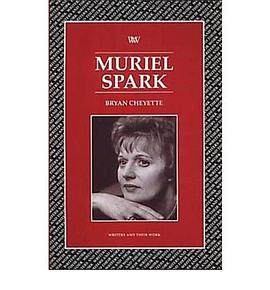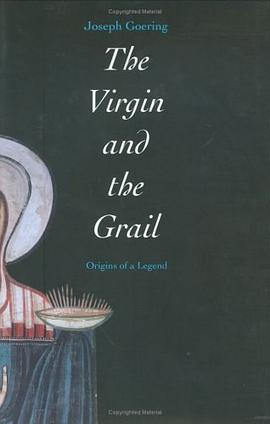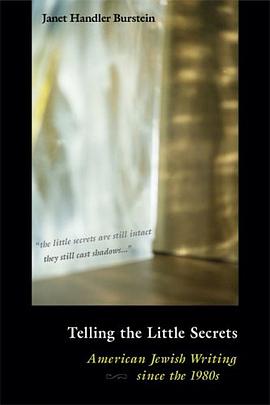

具体描述
In an ambitious reinterpretation of the premier work of Russia's national poet, J. Douglas Clayton reads Boris Godunov as the expression of Alexander Pushkin's thinking about the Russian state, especially the Russian state of his own time (some two hundred years distant from the events of the play), and even his own place within that state.Dimitry's Shade makes a startling departure from the traditional interpretation of Boris Godunov as the somewhat awkward product of an exiled and angry young liberal-leaning poet who hated Tsar Alexander I, questioned autocracy, and flirted with atheism. Here instead we see how the play marks a sharp break with the Decembrists and Pushkin's own youthful liberalism, signaling its author's emergence as a Russian conservative. Boris Godunov, Clayton argues, can be best understood as an ideologically conservative defense of autocracy.In addition, Clayton shows that the play contains significant religious elements that have long been ignored by scholars due primarily to prejudices dating from the Stalin era. His work portrays Boris Godunov as Pushkin's most important statement of adherence to what might be called the orthodox discourse -- an adherence as much patriotic as religious. Sure to shock readers even as it persuades them, Dimitry's Shade reveals, incarnated in Boris Godunov, those three elements that were to become the slogan of Tsar Nicholas's Russia in the 1830s: autocracy, orthodoxy, and nationality.
作者简介
目录信息
读后感
评分
评分
评分
评分
用户评价
相关图书
本站所有内容均为互联网搜索引擎提供的公开搜索信息,本站不存储任何数据与内容,任何内容与数据均与本站无关,如有需要请联系相关搜索引擎包括但不限于百度,google,bing,sogou 等
© 2026 book.wenda123.org All Rights Reserved. 图书目录大全 版权所有




















